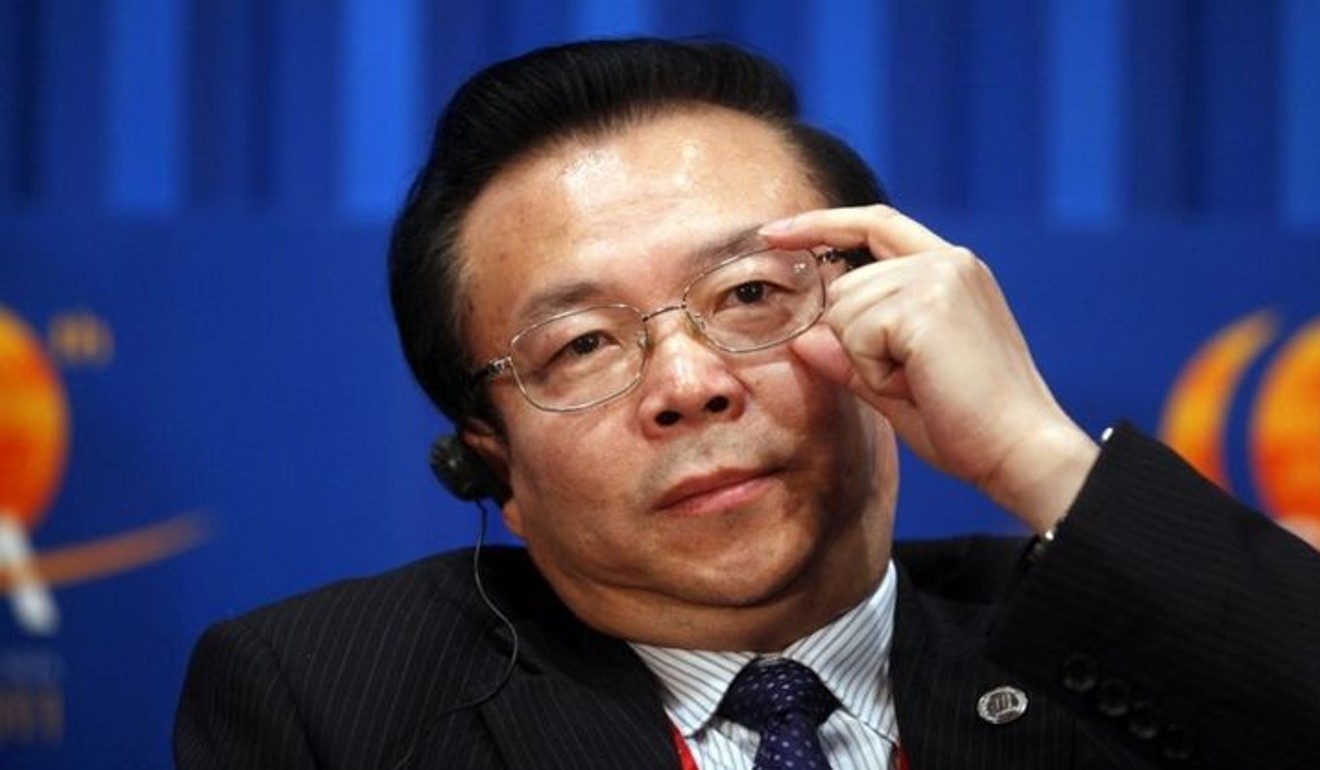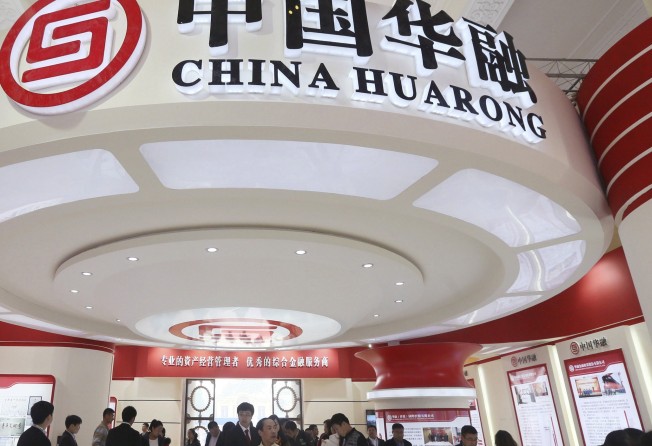
Staff cuts as Huarong continues to repair damage of corruption investigation
Created itself in 1999 to manage bad loans of state-owned banks, crisis-hit state-owned distressed asset manager has had a growing number of risky borrowings exposed

China Huarong Asset Management, the country’ largest state-owned distressed asset manager, is axing overseas staff and looking for significant domestic pay cuts too, three months after the Communist Party disciplinary authority put its former boss under corruption investigation.
Huaring's human resources department posted a notice on its internal system late on Monday night, announcing the firm would start accepting resignation requests from staff.
Promotions and transfers have been suspended, and staff and personnel changes frozen since early April, after the anti-corruption authority took away Lai Xiaomin, former chairman of Huarong for investigation.
Mainland employees have also since April been required to submit their personal travel passports to the company, so the authority can avoid any suspicious moving of assets offshore as its widens its investigation, sources said.
Huarong has three Hong Kong listed units, as well as branches and subsidiaries all over the country.
Sources say the company is also now mulling over a significant pay cut for at least a quarter of all staff while some of its Hong Kong subsidiaries have already started laying off people.

Created in 1999 to manage bad loans of state-owned banks, Huarong had transformed itself into an active financier lending through a variety of financial products, thanks to strong levels of state credit and a powerful portfolio of financial service licenses.
It had also been the most active bond issuer in the Hong Kong market with more than 210 billion yuan (US$26.8 billion) worth of bond repayments due by 2020, and another 52.7 billion yuan due between 2025 and 2027.
But its own aggressive expansion also caught the attention of the authorities in Beijing, as China’s debt-slashing campaign picked up late last year, exposing a growing number of risky borrowings that put state-owned lenders under rising scrutiny.
Beijing appointed Wang Zhanfeng, head of the Guangdong branch of China’s banking regulator, as Huarong’s new chairman, a week after Lai was taken away for investigation.
An internal inspection and overhaul has since exposed Huarong as what the authorities describe as a “distressed” asset manager.
The restructuring of Huarong’s international business, which is Hong Kong listed, and a potential forced winding down of its bond investments could weigh on the Chinese high yield (HY) bond market, according to Nomura.
“It had been anchoring many of the Chinese HY primary deals,” according to a Bloomberg report, quoting a research note by Nomura’s credit analyst Nicholas Yap, “and is likely also to be exposed in some secondary markets.”